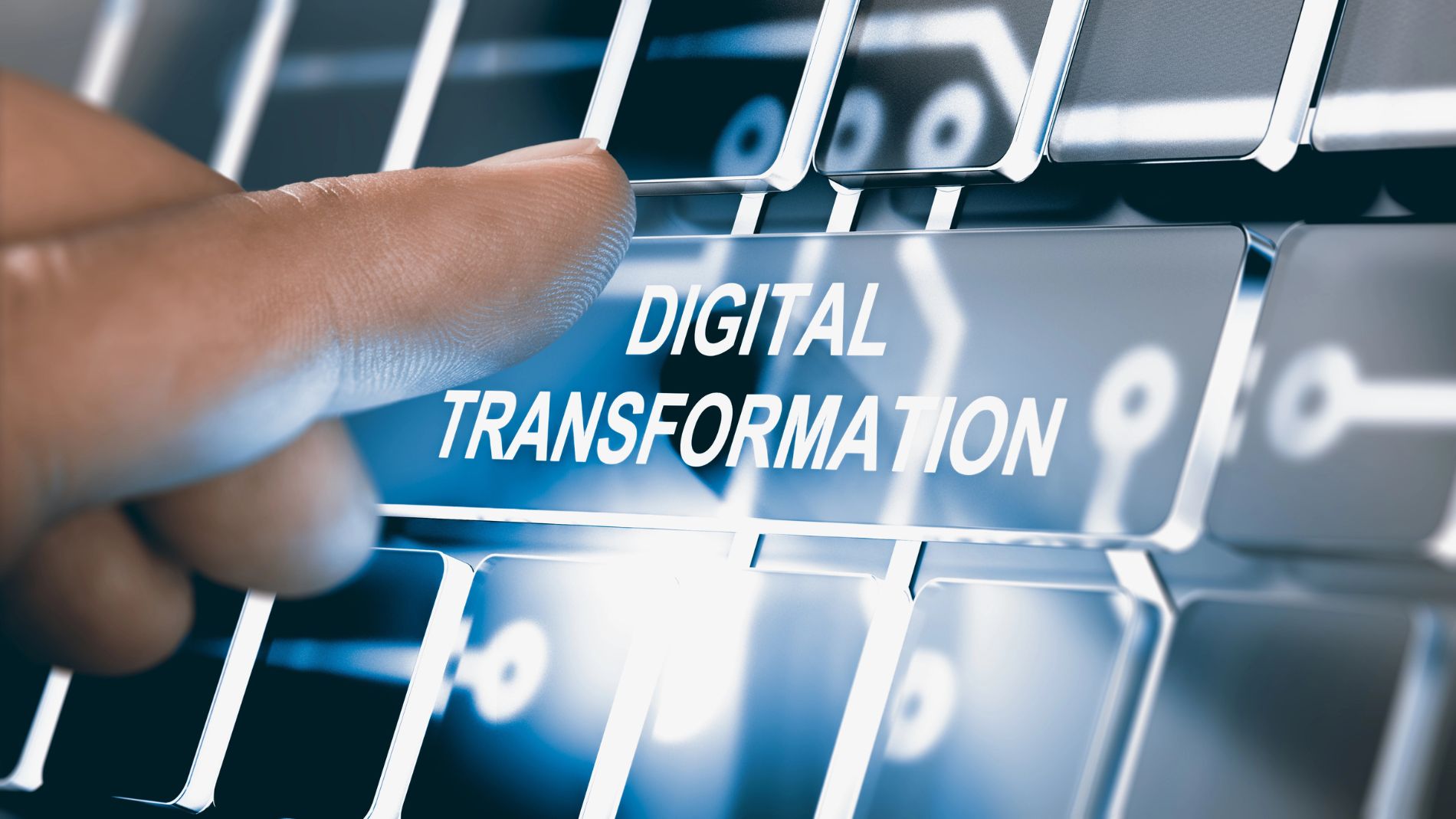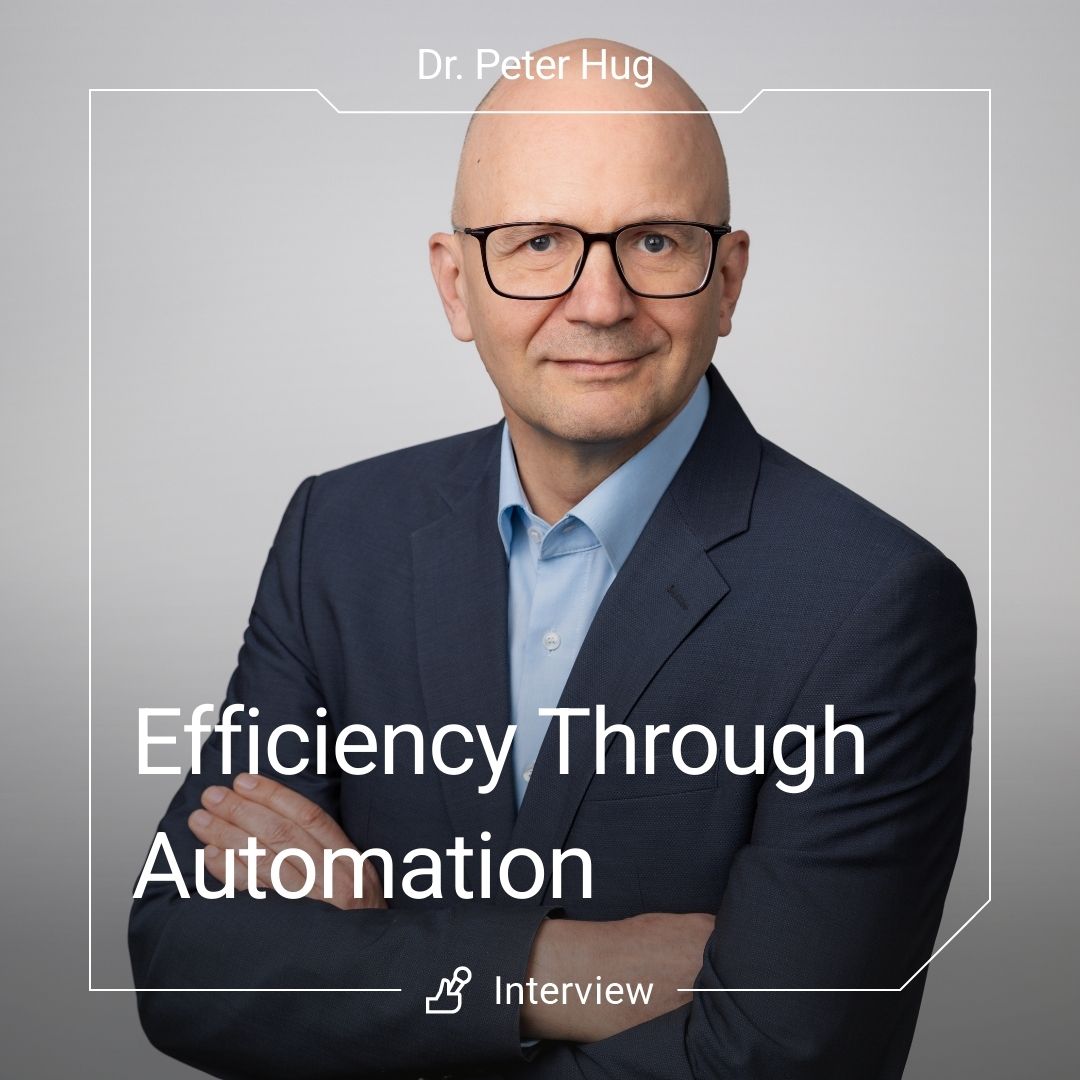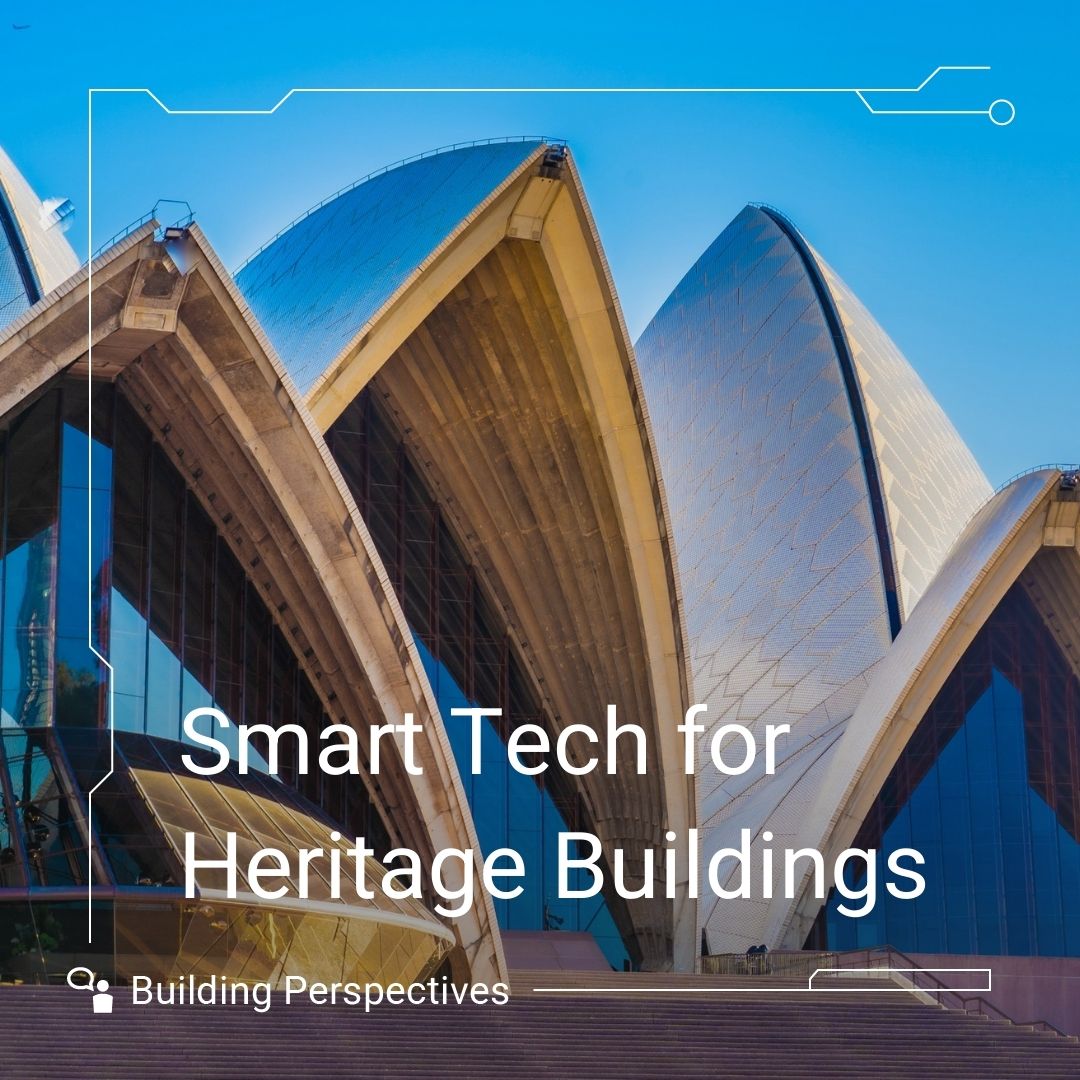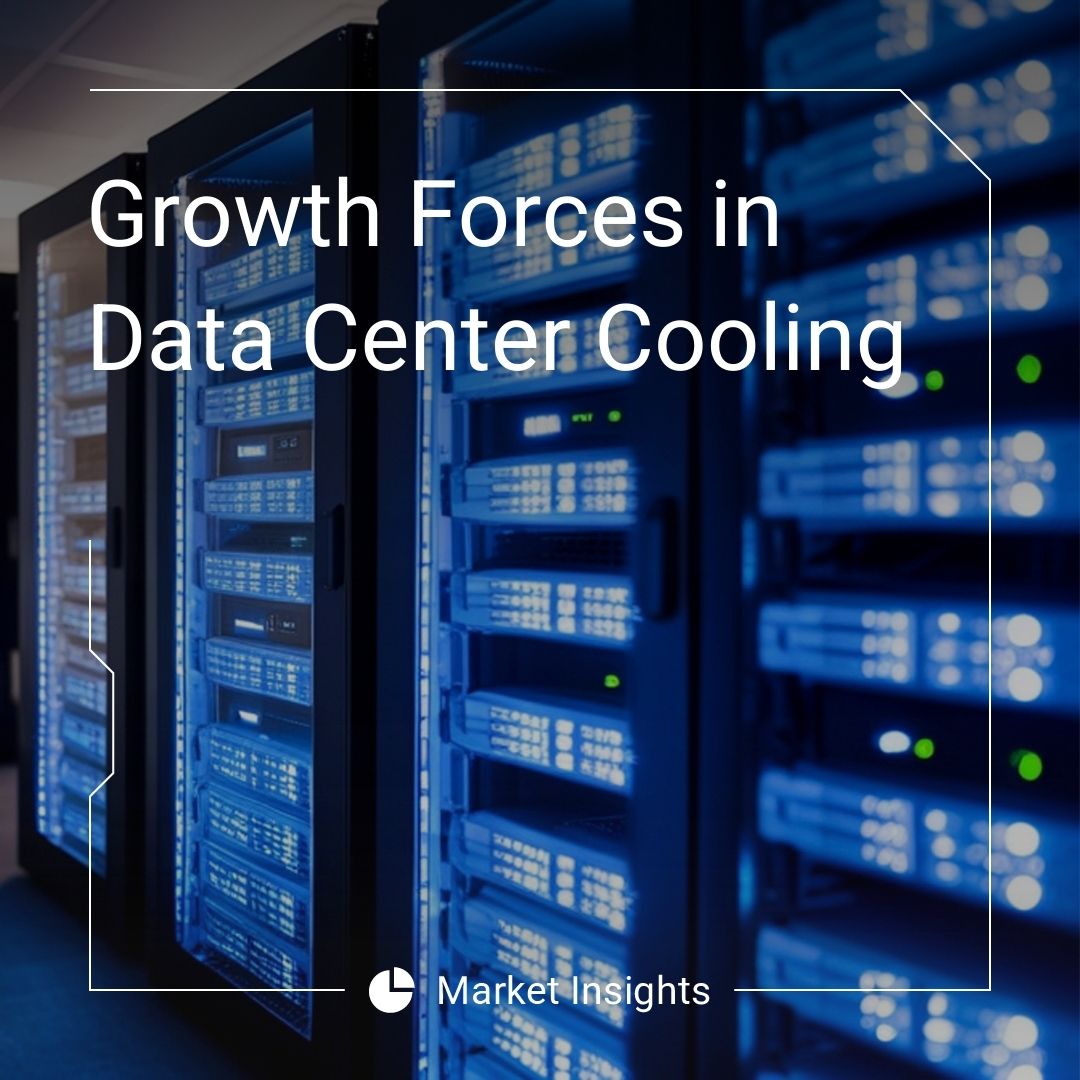Digital innovation is transforming the building sector, enhancing energy efficiency, comfort, and safety in residential and commercial spaces. This shift supports global energy-saving goals, as buildings are major CO₂ sources. Retrofitting with digital tech helps existing buildings operate more sustainably and cut emissions.
Reading time: 4 minutes
Digital Transformation in Building Management
Across industries, digitalization is advancing rapidly, and the building sector is no exception. Using the Internet of Things (IoT), artificial intelligence (AI), and machine learning, smart building management systems enable real-time data exchange, automation, and remote control by users, transforming the way buildings are operated.
Smart building management enables:
- Enhanced Integration of Renewable Energy: With onsite renewable energy sources like solar and wind, AI in building management can maximize energy use from renewable sources. Advanced energy storage systems, controlled by AI, ensure a steady power supply by storing excess energy, reducing reliance on grid power. Smart systems can power devices like heat pumps, significantly reducing CO2 emissions and promoting sustainability.
- Easier Maintenance and Repairs: IoT-connected devices collect data that allow smart systems to detect maintenance needs early. By notifying building operators promptly, these systems can prevent costly breakdowns and improve the building’s operational efficiency. Predictive maintenance can identify faults in real-time and automatically shut down systems if needed to prevent significant damage, such as from leaks.
- Optimizing Energy Consumption: AI rapidly identifies opportunities to reduce energy usage by analyzing vast data sets. It adapts energy supply to user behavior, automatically making efficiency adjustments. With machine learning, these systems become more efficient over time, contributing to lower energy bills and reduced carbon emissions.
- Boosting Safety and Comfort: Digital building management increases both safety and comfort for occupants. Smart security measures, like automated access control and alert systems, enhance protection against break-ins, fire, and other risks, safeguarding lives and property.
Digital Transformation in Construction

In the construction phase, digital tools accelerate planning and enhance precision. AI-powered software assists with optimal system placement and allows for scenario analysis, helping planners assess the best system integrations for maximum building efficiency. Building Information Modeling (BIM) creates a digital twin of the project, visualizing each construction stage and enabling better coordination among teams.
Through virtual reality (VR) simulations, stakeholders can visualize the final structure, making it easier to anticipate and address potential issues before they arise. Digital twins also help in adjusting to unforeseen changes during construction, streamlining project adjustments and minimizing delays.
Digital Transformation Creates Future-Proof Buildings
Digital transformation is key to creating sustainable, adaptable buildings. Smart tools support resource efficiency, save time, and improve safety at every stage of a building's lifecycle, from planning to everyday operations. Technologies like IoT, AI, and machine learning form the foundation for buildings that meet the energy and environmental standards of the future, actively contributing to global climate goals.
FAQ
What role does IoT play in the digital transformation of building operations?
IoT is central to the digital transformation of building operations. Connected devices gather data, which AI algorithms analyze to make operational decisions, often executed by automated systems (actuators). By reducing resource use, improving security, and enhancing comfort, IoT technologies are essential in future-ready buildings. These devices communicate through intelligent networks, enabling efficient data exchange.
How can digital twins improve building efficiency and maintenance?
Digital twins provide a virtual representation of a building, enabling real-time monitoring and analysis. Connected to IoT devices, they facilitate preventive maintenance by alerting operators to potential issues before they occur. This proactive approach extends the lifespan of equipment, prevents costly failures, and enhances operational efficiency.
What future innovations are expected to further optimize energy consumption in buildings?
AI and machine learning are advancing building energy management by identifying inefficiencies and potential issues. Integrated systems can autonomously adjust energy usage based on real-time data, reducing waste. In the planning phase, AI and VR simulations help optimize system placements for maximum resource efficiency, allowing stakeholders to visualize and improve designs.





